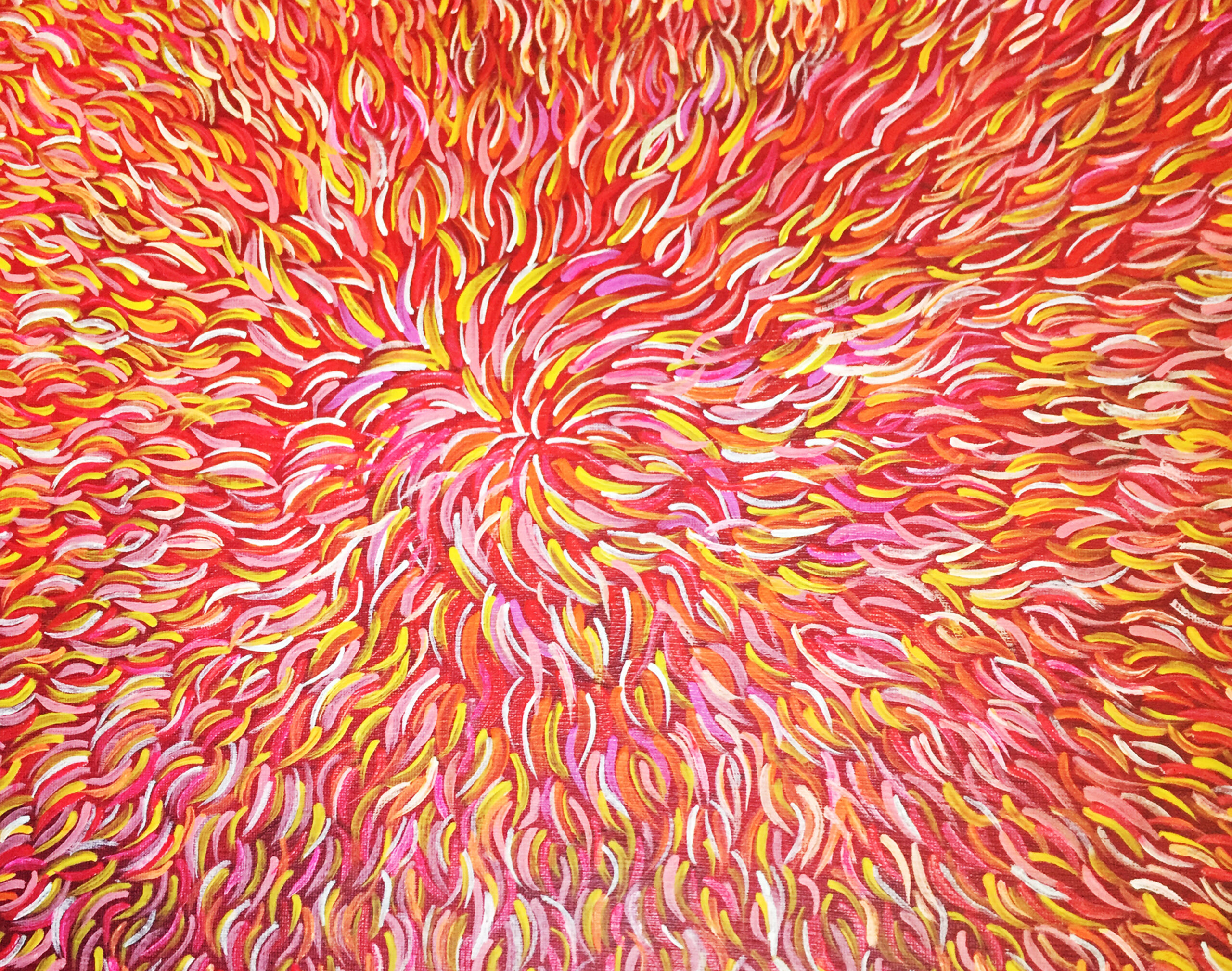Evaluation Report
In 2015, Weave invited ARTD Consultants to contribute to the Stories of Lived Experience project. ARTD worked with Weave and Aboriginal community organisations to develop a qualitative evaluation involving interviews with Aboriginal and non-Aboriginal clients, community and staff to understand what is most useful about how Weave works; the difference that Weave makes for clients and the community; and how Weave and the sector can improve.
Stories of Lived Experience
Key Findings
Weave provides a community-based model of support: its understanding of the community is trauma-informed, and its positive reputation among individuals and families encourages early interventions.
- Weave grew out of its local community and these roots define Weave’s ethos today
- The continuity of Weave and key staff has built trust and sustained intergenerational connections
- The service range creates holistic supports for clients and families at all life stages
Client-centered, therapeutic relationships are at the core of what Weave does: quality staff who care about their work are supported by the organisation to use a range of therapeutic approaches, with a strong focus on narrative therapy principles, to draw on clients’ strengths and empower them to make changes in their lives that are meaningful for them.
- Relationships are allowed to grow over time, forming a secure therapeutic base.
- The stories of clients are valued: clients have a voice and mutual respect sustains relationships.
- Staff are persistent and committed, creating shared hope and opportunities.
Weave’s work has an impact for clients and communities: clients benefit across a range of developmental domains, and many leave Weave with greater independence, and some as leaders. Clients develop better connections to family and community, and community capacity is built.
As Weave grows and its operating environment changes, there are some issues that Weave needs to monitor and address:
- Growing sustainably while keeping Weave’s ethos at the core.
- Continuing to support staff effectively, as their work is intense and challenging.
- Continuing to improve the collection and use of data to monitor and measure impacts.
- An ongoing focus on sector and community advocacy.
Lessons from Weave clients, community and staff are relevant for the community services sector broadly, and to services supporting people with their mental health — especially services that work with Aboriginal people and communities.
- Embed and engage community expertise: belong to the community in which you operate.
- Empower individuals with respect, compassion and choice: acknowledge and support the time, resources and commitment that this takes.
- Retaining quality staff matters, as do the qualities of staff within a supportive workplace culture.
- Forge community and corporate partnerships to build the range, quality and sustainability of supports.
- There is a serious role for fun and humour: celebrate successes and share hope.
Artwork created by local Aboriginal artist, Linda Jackson.
Social Issues Strategy
Bullying, suicide and ice are three key issues that impact our clients, families and communities in detrimental ways. Throughout 2016 and 2017, we set out to develop a social issues strategy in a way that allowed us to step outside our daily roles and reflect, review and consider new ways of working with people experiencing these issues.
We were extremely fortunate to engage an external facilitator, Carly Westwood from Fresh Thinking, who invested her skills and time to do some pro-bono activity with us and help to develop this important piece of work.
Utilising human-centred design, Carly put the person or community at the heart of the work.
Human-centred design is human-centred approach to innovation (or creative problem solving) that draws from the designers’ toolkit to integrate the needs of people, the possibilities of technology, and the requirements for business success.
– Tim Brown, CEO and President of IDEO
The process involved us consulting with our clients, community, stakeholders and experts in their fields, reviewing data and research for clues on existing gaps and challenges within the bullying, suicide and ice spaces. We then gained hundreds of insights that allowed us to identify what the gaps were, and what the new opportunity areas were for new or improved ways of working across these issues.
After developing these opportunity areas and initial prototypes, we ran a number of focus groups with key stakeholders to road test the ideas and seek their advice and wisdom on how to build upon the issues moving forward.
Our anti-bullying campaign #CoolToBeKind developed as a result of our social issues strategy. We are now delivering workshops with our Kool Kids program and in local schools with children who are identified as at risk. The campaign revolves around kindness — kind to self, kind to others and kind to the environment.cii
Another strong outcome of the strategy across all three issues was the need to create lots of opportunities for our Aboriginal clients to connect with their culture, traditional healing practices and projects that improve their health and wellbeing.
We thank Carly for helping shape a way forward to improve outcomes for young people affected by bullying, suicide and ice.
Our Social Issues Strategy details the concerns that young people face and provides solid recommendations which have been tested and supported by young people and community members.
Empowering People to Change Their Lives
For over 40 years Weave has provided a way up and a way forward for children, young people, women, families and communities.


